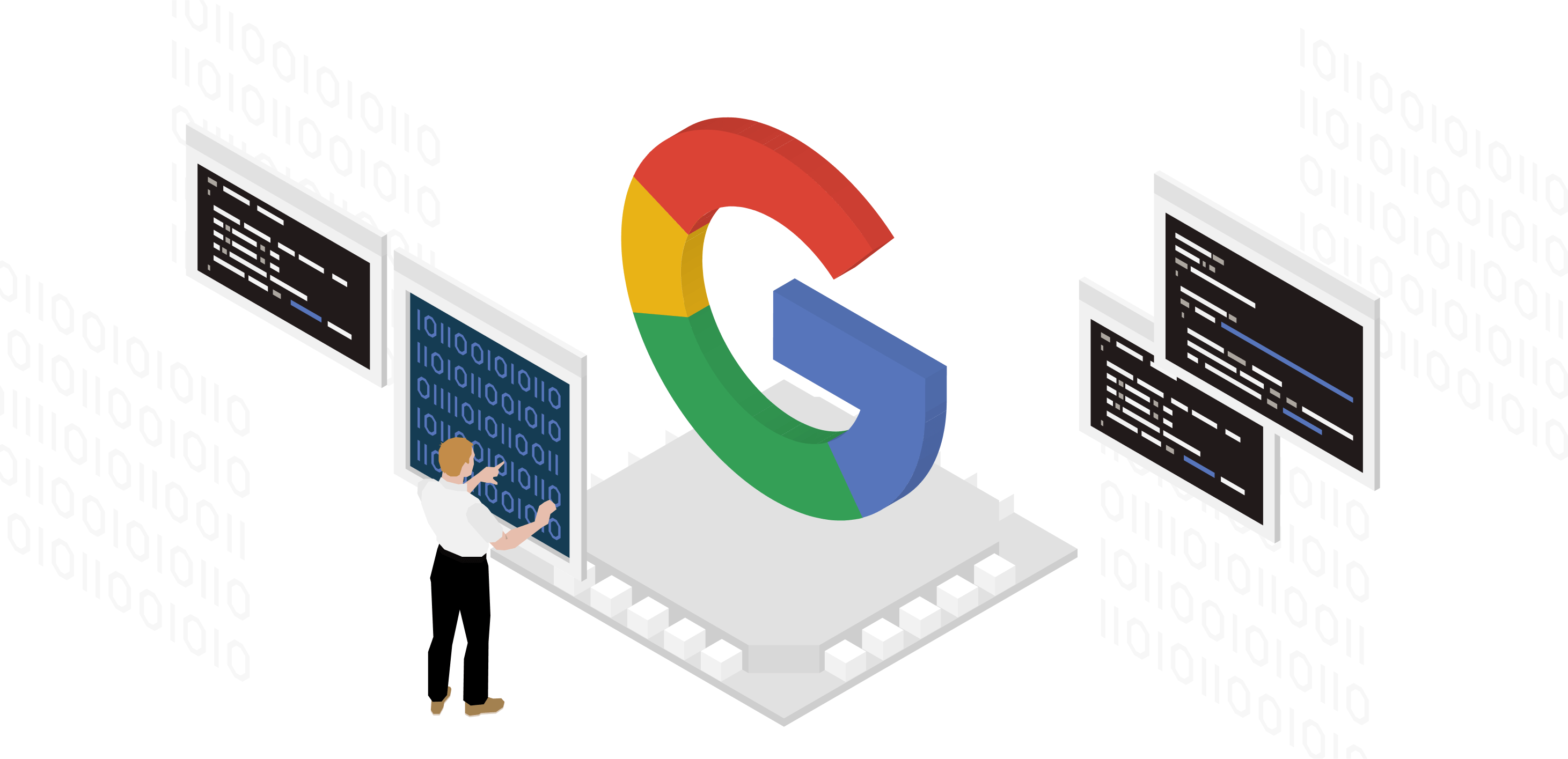Here’s something we’ll never get tired of saying: an exceptional website is the backbone of a successful online presence.
However, running a website is not a set-it-and-forget-it process. To drive engagement, users must first and foremost be able to quickly and easily find your website. If your web pages are not optimised, your website is virtually invisible to search engines. And if users can’t find your website, it simply won’t convert.
Google processes over a whopping 1.2 trillion searches per year worldwide (Internet Live Stats, 2022). That means competition on search engine results pages (SERPs) has never been steeper.
This may or may not surprise you, but it takes more than just a visually stunning website to successfully separate you from the competition and increase conversions.
Now you’re probably thinking, “how exactly do I boost the visibility of my website?” That’s where web optimisation comes in – a set of practices designed to improve the appearance, clarity and structure of web pages to drive business goals.
In this article, we’ll cover three of the biggest key ingredients to help you achieve top-tier search results, increase engagement, and boost conversions: content, design, and segmentation.
What Is Web Optimisation?
But first, let’s quickly cover the basics of web optimisation.
To put it simply, web optimisation is a set of practices that often involve controlled experimentation to improve a website’s ability to drive business goals.
Depending on your business type and goals, you’ll have different objectives you’ll want to optimise for. If you run an e-commerce store, for example, your key objective is probably to increase sales. To achieve this, you could conduct A/B tests where you get the most traffic and optimise elements on that page to engage visitors and highlight your business values with the ultimate goal of getting them to click “Buy Now”.
Website optimisation is also often referred to as search engine optimisation or SEO. This involves practices that boost the discoverability of a website to improve search result rankings for key search terms.
Search engines determine the quality of a website based on several factors including content, site speed and performance, meta information, and many more.
Effective web optimisation requires a lot of time, effort, and dedication. You’ll need to re-evaluate all existing components and content to ensure your website is optimised for search engines and, more importantly, delivers an exceptional user experience.
Here are three of the biggest ways you can optimise your website:

1. Content: Keep It Short, Sweet and Relevant
People are attracted to great content that tells a story, especially if it’s highly relevant to them. That’s why it’s important to make sure that any blog post, image, video, or resource you create is geared toward your target audience.
When creating content, remember to use shortened copy, descriptive language, and marketing buzzwords to make it easy to understand and quick to digest.
It’s also critical to optimise your content for search engines. You can do this by adding relevant page titles, integrating relevant keywords to your copy, and developing meta-tags that highlight key concepts.
Hit the home run with split A/B testing. This will allow you to trial your content and let you identify what engages your customers and what doesn’t. Use your findings to tweak your content to perform better.
Optimised web content will help you reach more people, build brand trust and loyalty, and boost conversion rates over time. Want to start optimising your content? Check out our Content Marketing service page to learn more.

2. Design: Keep User Experience Top of Mind
We’re suckers for beautifully-designed websites – and your customers probably are too!
Your website is often the first experience customers have with your brand. First impressions matter when growing an online presence, so make it count.
When building your website, it’s crucial to keep user experience top of mind. Better UX means increased satisfaction.
Before you can start improving user experience, you need to understand what your users’ challenges, expectations and goals are. To gain these insights, you can conduct user testing, focus groups and surveys.
Once you have a better understanding of what drives your users, you can then review the way your website uses colour, space, images and overall layout. Adjust any of these elements to align with your goals while making your website fast, efficient, and easy to navigate for your users.
Making small but smart changes to your web design makes a huge difference in conversion rates.
Our team of experts can produce high-performing web designs that are fast, efficient, and keep users coming back. Interested to learn more? Check out our Performance Website Design service page.

3. Segmentation: Keep It Audience-Focused
A crucial step to effective web optimisation is audience segmentation. After all, if you don’t know the people who matter to your business the most, how are you going to deliver the right messages and build strong connections?
Audience segmentation enables you to focus on people who are most critical to reach. This also allows you to create smart content and design effective web pages for guiding each audience to the desired action like subscribing to a newsletter, for example.
You will see much better results if you focus on one subgroup’s conversion rate rather than looking at a web page’s overall conversion rate.
If you don’t have the time and resources, collaborate with our team to conduct target audience research and segmentation for you. To learn more, visit our Full Audit service page.

Time to Optimise
Running a website is not a one-and-done event. Stoke your online growth with effective web optimisation and keep the fire burning with relevant content, smart design and audience segmentation.
Get the ball rolling by re-evaluating your website performance, then implement the strategies we covered above to get noticed by search engines and start driving more traffic to your web pages.
Reach out to our team of experts and we can do the heavy lifting for you






